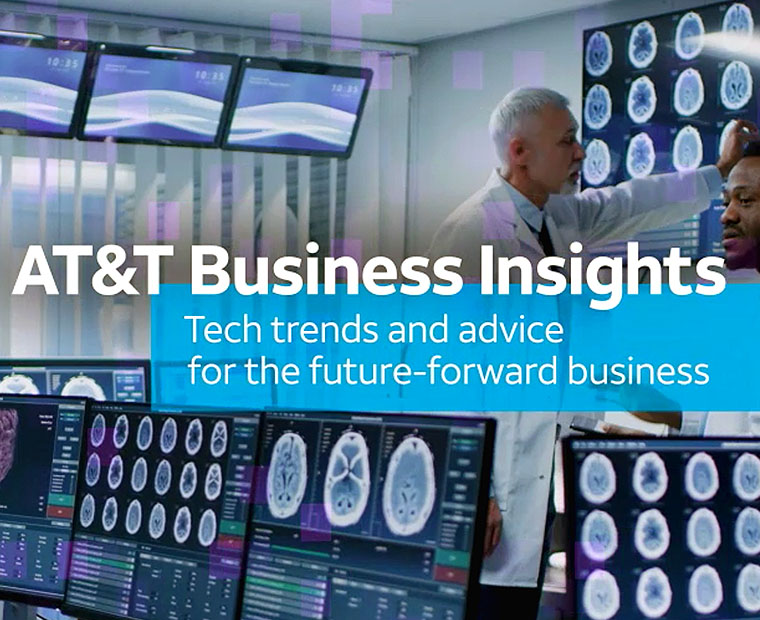
Featuring: Small business
Guide to choosing a cloud phone system for small business
by: Chris Yates, Principal Content Strategist and Mobility Editor, AT&T
8 min read
Explore how small businesses can choose upgrades from landlines to cloud phone systems like VoIP, Cloud PBX, and CCaaS/UCaaS services for flexible, reliable, and scalable communication.
8 min read

In this Article
- Types of cloud business phone systems and networks
- Benefits of cloud business phone systems for small businesses
- Choosing the best cloud-based phone system for small business
- Cloud phone systems for your small business

Latest articles
Search Result:

Read what AT&T Office At Hand and other unified communications as a service can do for your future-ready business.

Many organizations still use outdated systems that slow down productivity, increase security risks, and limit growth. It’s time for network modernization.

Learn the basics of voice over IP (VOIP) technology that enables you to make phone calls anytime, anywhere using an internet connected computer and a headset.
Filter By
INDUSTRY
- All industries...
PRODUCT CATEGORY
- All products...
TYPE
Never miss an update on the latest tech trends for business
Subscribe today!
By submitting your email address, you agree to receive future emails from AT&T and its family of companies.
We’ll email you offers and promotions about AT&T products and services.
By submitting your email address, you agree to receive future emails from AT&T and its family of companies.
We’ll email you offers and promotions about AT&T products and services.
- Terms of use
- Your privacy center
- Accessibility
- Your Privacy Choices
- Health Privacy Notice
- Cyber Security
© AT&T Intellectual Property. All rights reserved. AT&T, the AT&T logo and all other AT&T marks contained herein are trademarks of AT&T intellectual property and/or AT&T affiliated companies. All other marks are the property of their respective owners.